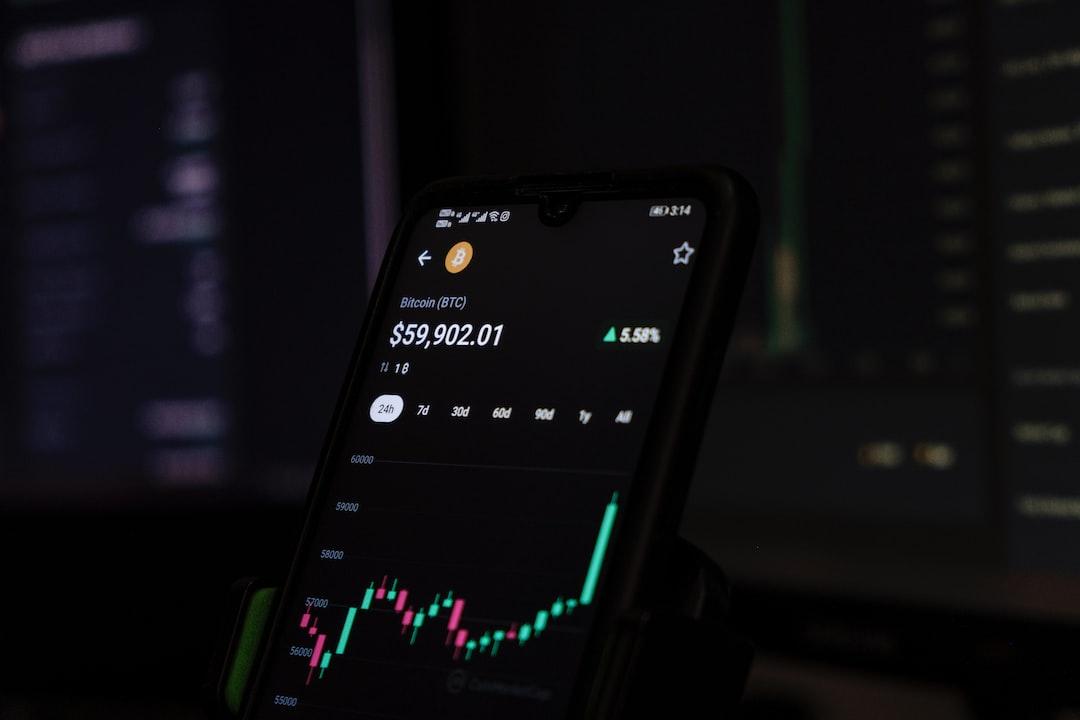Disclaimer: The opinions expressed in this article are solely those of the author and do not reflect the views of the editorial team at crypto.news.
Blockchain technology is often associated with cryptocurrencies, with its roots tracing back to Satoshi’s creation of Bitcoin (BTC) nearly three decades ago. The evolution of blockchain has been propelled by Bitcoin, paving the way for its current widespread adoption.
While cryptocurrencies like Bitcoin continue to capture headlines, the true potential of blockchain lies in its ability to revolutionize secure and decentralized data processing in real-world applications. Imagine a supply chain operating with unprecedented transparency and efficiency, or a voting system where each vote is securely and anonymously recorded – all made possible by blockchain technology. These scenarios are not far-fetched dreams but tangible examples of the practical impact of blockchain when integrated into everyday scenarios.
So, what does this mean for the future of blockchain? What are the most promising real-world applications for countries in the Middle East and North Africa (MENA)? And what challenges lie ahead for these developments?
Expanding the scope of blockchain
Ethereum serves as a prime example of blockchain projects moving beyond simple transactions to more tangible applications. The Ethereum network has transformed from a conventional cryptocurrency to a platform for decentralized applications and smart contracts. Projects like Decentraland and MakerDAO demonstrate this transition, showcasing blockchain as a trustworthy and concrete technology. Major companies are utilizing blockchain to manage intellectual property rights and automate royalty payments, such as the blockchain solution developed by Ernst & Young (EY) and Microsoft for content rights and royalties in the gaming industry.
In addition to these services, blockchain is making significant advancements in traditional sectors like healthcare, travel, and wellness. Recent studies have shown how patient data can be securely managed, while collaborations in other industries have highlighted blockchain’s versatility. By leveraging its core strengths of decentralized control, immutability, and transparency, blockchain can address critical challenges across various sectors, as demonstrated by the UAE Roads and Transport Authority’s project to create a transparent vehicle lifecycle management system using blockchain technology.
Strategies for real-world integration
As blockchain transitions from a niche technology to a mainstream tool, strategic integration with traditional industries becomes essential for its widespread adoption. Collaboration is key in this process, as blockchain projects can benefit from partnering with established industries to tailor solutions to real-world needs. The partnership between HAQQ and GoMeat is a prime example of this, where HAQQ provides a blockchain infrastructure for GoMeat’s delivery platform, transforming the traditional halal meat market and enhancing accessibility for local vendors and communities.
In the healthcare sector, partnerships like Polygon Network with MSP Recovery have led to the development of LifeChain, a blockchain-based healthcare claims platform. Traditional banks are also integrating blockchain technology into their financial services, with many banks in the UAE working on their blockchain solutions. Integrating real-world assets into the blockchain as digital tokens further expands its reach, enabling access to valuable assets within the decentralized finance ecosystem.
Overcoming challenges to adoption
While the integration of blockchain into various industries shows promise, challenges such as scalability, regulatory hurdles, and complex user experiences remain significant barriers to widespread adoption. Improving scalability through enhanced blockchain architecture and addressing regulatory challenges are crucial steps in overcoming these obstacles. User-friendly interfaces and educational resources play a vital role in bridging the gap between the complexity of blockchain technology and its practical application, making it more accessible and understandable to the average user.
Looking ahead
The future of blockchain lies in its integration with real-world applications, testing markets for practical use cases to achieve mass adoption. It is essential for blockchain projects to move beyond their digital origins and find meaningful applications in the real world, proving their value beyond mere transactions or speculative assets. By consistently seeking real-world applications, blockchain technology can continue to evolve and demonstrate its practical impact in various industries, as seen in the MENA region.
Mohammed AlKaff AlHashmi, the co-founder and CBO of Islamic Coin, brings over eighteen years of experience in computer science and engineering to the field, focusing on Industry 4.0, artificial intelligence, machine learning, industrial automation, and IoT. As a public speaker and mentor, he is dedicated to educating and empowering community members in the realm of blockchain technology.

